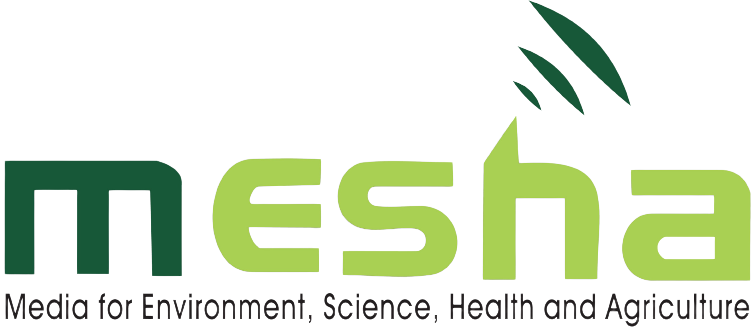Results from Phase 2B of the Imbokodo Study – carried out to test the efficacy and safety of a HIV vaccine candidate among women in five sub-Saharan African countries – shows that the vaccine candidate does not provide sufficient protection against HIV.
The study was conducted among 2,600 plus women in 23 sites across South Africa, Zambia, Zimbabwe, Mozambique and Malawi among women aged 18- 35 years at risk of acquiring HIV.
Discussing the findings at a Media for Environment, Science, Health and Agriculture (MESHA) briefing, Mitchel Warren, Executive Director of AVAC said that the efficacy of the vaccine was found to be at 25 percent.
“There was some hint that the vaccine was working very partially,” he said, “ but it is not strong enough to warrant the vaccine continuing in this trial because it is not good enough to get it licensed.”
Also known as the HVTN705/HPX2008, the study involved participants getting four different doses over the first 12 months of their participation.
“The first two were called prime, based on a cold virus, Adenovirus26. Then they received further boost- protein booster- to help stimulate the immune system. Half of the women received this combination, while the other half received four shots of a placebo, that didn’t have any active ingredient,” Warren explained, adding that the women were followed for 24 months after the final shot.
The Imbokodo study found that through 24 months of follow up, 63 of 1,109 participants who received placebo compared to 51 of 1,079 participants who received active vaccine acquired HIV.
In addition, it found that despite the low efficacy, the vaccine was safe and there was no adverse event reported.
There is a parallel trial ongoing dubbed the Mosaico trial being carried out on 3,000 men who have sex with men and transgender individuals in Latin America, US and Europe. The study uses a similar regimen with the same Adenovirus26 platform for the prime vaccine, but using a different form of protein boost.
“It is possible the vaccine could work differently because it is a different boost, addressing a different route of HIV transmission (anal route) or because it is in a different part of the world with different circulating HIV,” Warren said.
According to Warren, the Imbokodo study is a stark reminder of the need to develop a HIV vaccine and the need to scale up prevention products that are already at hand such as the condoms, Oral PrEP, injectable PrEP and vaginal ring among others.
“We have to go all in for the prevention products we have. We have to roll them out with urgency so that people can protect themselves today while we reorient the HIV research agenda,” he said.
The HIV vaccine was being developed in a public-private partnership by Johnson and Johnson in collaboration with National Institutes of Health, the Bill & Melinda Gates Foundation, and the HIV Vaccine Trials Network (HVTN) among others.
“HIV is a unique and complex virus that has long posed unprecedented challenges for vaccine development because of its ability to attack, hijack and evade the human immune system,” Paul Stoffels, Managing Director, Vice Chairman of the Executive Committee and Chief Scientific Officer at Johnson & Johnson said in a statement
during the release of the study findings.
“While we are disappointed the vaccine candidate did not provide a sufficient level of protection against HIV infection in the Imbokodo trial, the study will give us important scientific findings in the ongoing pursuit for a vaccine to prevent HIV.
We continue to stand in solidarity with people living with and vulnerable to HIV, and remain committed to furthering our research against this devastating virus,” he added.
Though it has been 37 years of existing with HIV, developing a vaccine for the virus has been an arduous task mainly due to the HIV strain diversity and the immune evasion strategies of the virus.
According to Ronald C. Desrosiers, Professor of Pathology, Vice-Chair for Research, University of Miami, in an article, the development of the vaccine is made difficult by the biological properties of HIV. This includes the ability of the virus to continuously replicate, to generate and tolerate many mutations in its genetic information as well as the ability to shield itself from recognition by antibodies.
Besides the Imbokodo study, there have been five other trials to find a vaccine for HIV. All of them failed since there was no protection against acquisition of the virus or lowering of viral loads for those infected.
Currently, the PrEPVacc studies are ongoing in Africa- Uganda, Tanzania, Mozambique and South Africa- to test efficacy of a two experimental combination of HIV vaccine regimen while also comparing the effectiveness of a new form of oral PrEP (Descovy) against Truvada. The study which includes both men and women aged 18-40 years at risk of HIV
started in 2018 and will end in 2023.
By Sharon Atieno

Leave A Comment